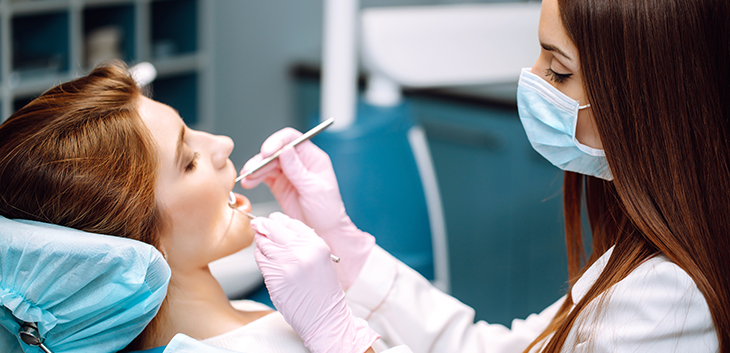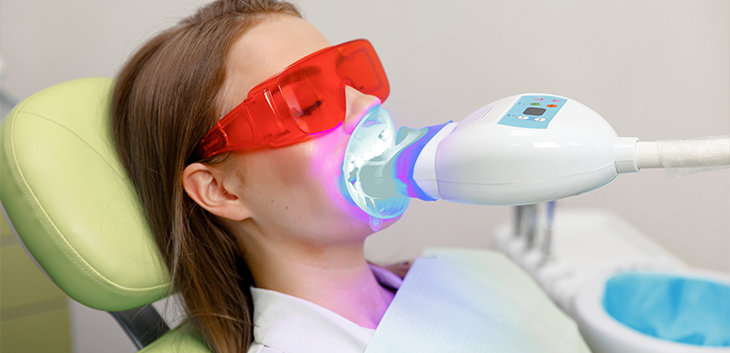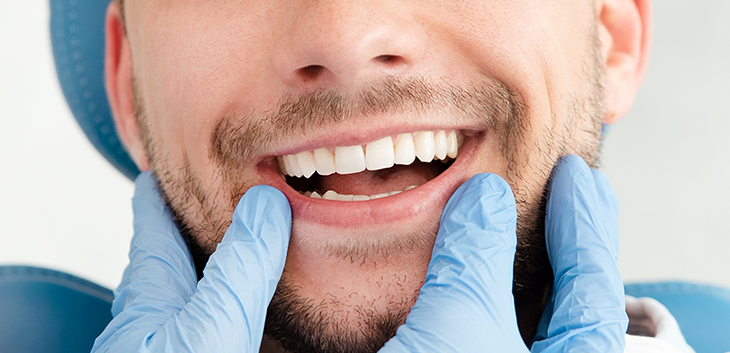Maintaining a radiant smile goes beyond the aesthetics of pearly whites; it’s a vital part of your overall health. Ignoring your oral hygiene can lead to more than just cavities and gum disease; it can also be a gateway to systemic health issues. In this blog, we’ll explore the crucial link between oral health and overall wellness, unravel the details of oral prophylaxis treatment, and discover how regularly you should schedule these cleanings to keep your health in check.
How Does Poor Oral Health Affect Health?
The mouth is a critical indicator of overall health, acting as a window that reflects the state of your body’s well-being. Neglecting oral hygiene can precipitate a cascade of dental issues, such as tooth decay and gum disease, which are just the tip of the iceberg. The repercussions of poor oral health extend far beyond the mouth, intertwining with systemic health conditions in ways that may surprise many.
Periodontal disease, a severe form of gum disease, is a prime example of how oral health can influence systemic health. This condition has been linked to a range of serious health problems, including heart disease, diabetes, and stroke. The connection lies in the inflammatory response: bacteria from infected gums can dislodge, enter the bloodstream, and trigger inflammation throughout the body. This systemic inflammation can contribute to the development and exacerbation of cardiovascular diseases, as it promotes atherosclerosis (buildup of plaque in the arteries) and increases the risk of heart attacks and strokes.
In individuals with diabetes, the relationship between oral health and overall health is particularly pronounced. Diabetes already compromises the body’s ability to fight infection, making the gums more susceptible to infection. In turn, severe gum disease can exacerbate diabetes by affecting blood glucose control, creating a vicious cycle where each condition worsens the other.
Beyond these well-known conditions, emerging research suggests that poor oral health may also be linked to other systemic issues, including respiratory diseases, kidney diseases, and even certain forms of cancer. For example, bacteria from the mouth can be inhaled into the lungs, potentially causing respiratory conditions like pneumonia, especially in vulnerable populations such as the elderly or those with weakened immune systems.
Additionally, there is a growing body of evidence suggesting a link between oral health and cognitive function. Studies indicate that chronic periodontal inflammation may be associated with Alzheimer’s disease and other forms of dementia. The theory is that oral pathogens could contribute to brain inflammation and neurodegeneration over time.
The oral-systemic health connection underscores the importance of maintaining good oral hygiene not only for the sake of a healthy smile but also for the overall health and quality of life. Regular dental check-ups, effective brushing and flossing, and lifestyle choices that promote oral health are essential strategies in preventing the onset of more serious systemic health issues. The mouth-body relationship is a bidirectional pathway; caring for one can significantly benefit the other, highlighting the critical role of oral health in the broader context of holistic wellness.
What Is Oral Prophylaxis Treatment?
Oral prophylaxis, widely recognized as dental cleaning, transcends the simplicity of everyday oral hygiene practices, offering a deep, thorough cleansing that surpasses what regular brushing and flossing can achieve. This meticulous procedure is essential for eradicating plaque and tartar accumulation that, if left unchecked, can harbor harmful bacteria leading to serious dental issues.
The treatment commences with scaling and root planing, a detailed process where dental hygienists employ specialized tools to meticulously eliminate tartar and plaque from both the visible surfaces of the teeth and the hidden areas beneath the gum line. Scaling involves scraping off these deposits from the teeth and gum pockets, while root planing smooths the tooth root, helping to reattach the gums to the teeth if they have started to pull away due to gum disease.
Following the thorough cleaning, teeth are polished, a step that not only enhances aesthetic appeal by removing surface stains but also smoothens the enamel, making it more difficult for plaque to adhere in the future. The application of fluoride treatment is the final touch in this comprehensive process. Fluoride strengthens the tooth enamel, providing a protective barrier against cavities and decay, and aids in the remineralization of any minor imperfections on the tooth surface.
Oral prophylaxis doesn’t stop at just cleaning; it’s a preventive measure that plays a pivotal role in the early detection of oral health issues. During the procedure, dental professionals have the opportunity to closely inspect the mouth for signs of problems such as cavities, gum disease, and even oral cancer. Early detection of these conditions can lead to simpler and more effective treatment options, highlighting the significant role that oral prophylaxis plays in maintaining not only oral health but also in safeguarding your overall well-being.
By integrating regular oral prophylaxis into your dental care regimen, you are taking a proactive approach to maintain healthy gums and teeth, which is vital for your overall health. This treatment goes beyond basic hygiene, offering a pathway to a healthier mouth and, by extension, a healthier life.
How Often Should You Have Oral Prophylaxis?
The frequency of dental prophylaxis depends on your individual oral health needs. However, dental professionals commonly recommend having a prophylaxis cleaning every six months to effectively prevent dental issues and maintain oral health. People with a higher risk of dental diseases, such as those with a history of periodontitis, might need to visit their dentist more frequently, possibly every three to four months.
Regular check-ups allow your dentist to monitor your oral health closely and address any issues before they escalate into serious problems. These visits are crucial for maintaining not only oral health but also overall wellness, as they help to detect and prevent the progression of oral diseases that could impact your entire body.
In conclusion, investing in regular prophylaxis cleanings is not just about preserving your smile—it’s about safeguarding your health. Ignoring your oral hygiene can lead to serious health issues beyond the mouth. With oral prophylaxis, you can keep your teeth and gums in top condition and reduce the risk of systemic diseases related to poor oral health. Don’t let dental issues sneak up on you; take proactive steps to maintain your oral health today.
Ready to commit to a healthier smile and body? Schedule your oral prophylaxis appointment with us and take the first step towards optimal oral and overall health. Contact our dental office today and let us help you maintain that radiant, healthy smile you deserve!






